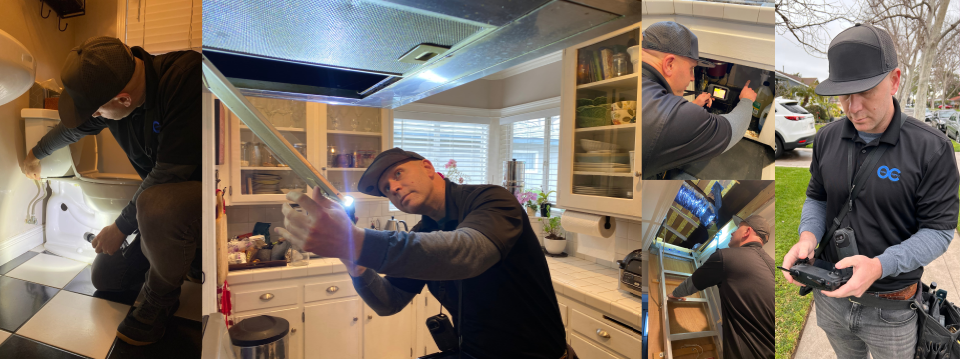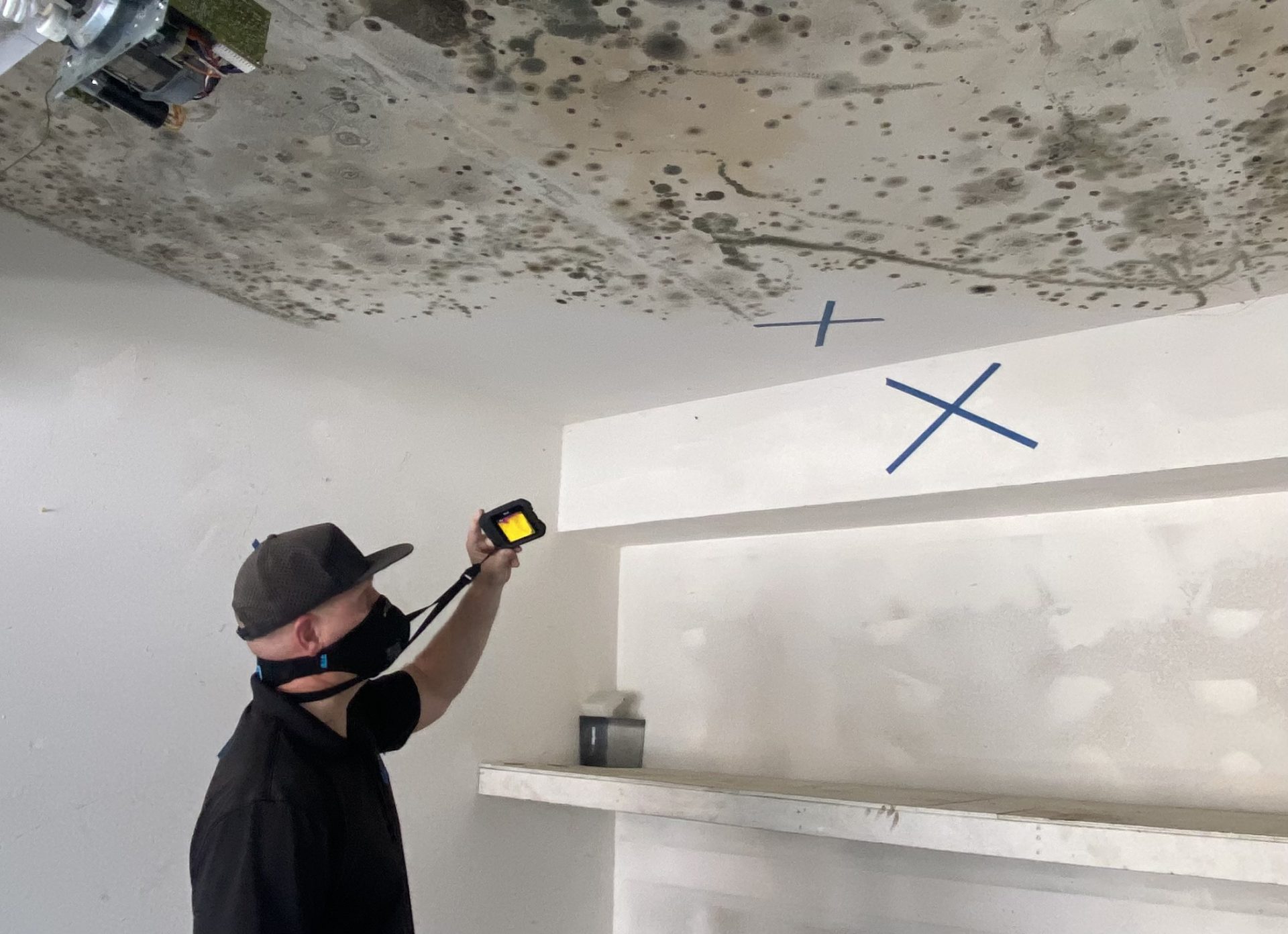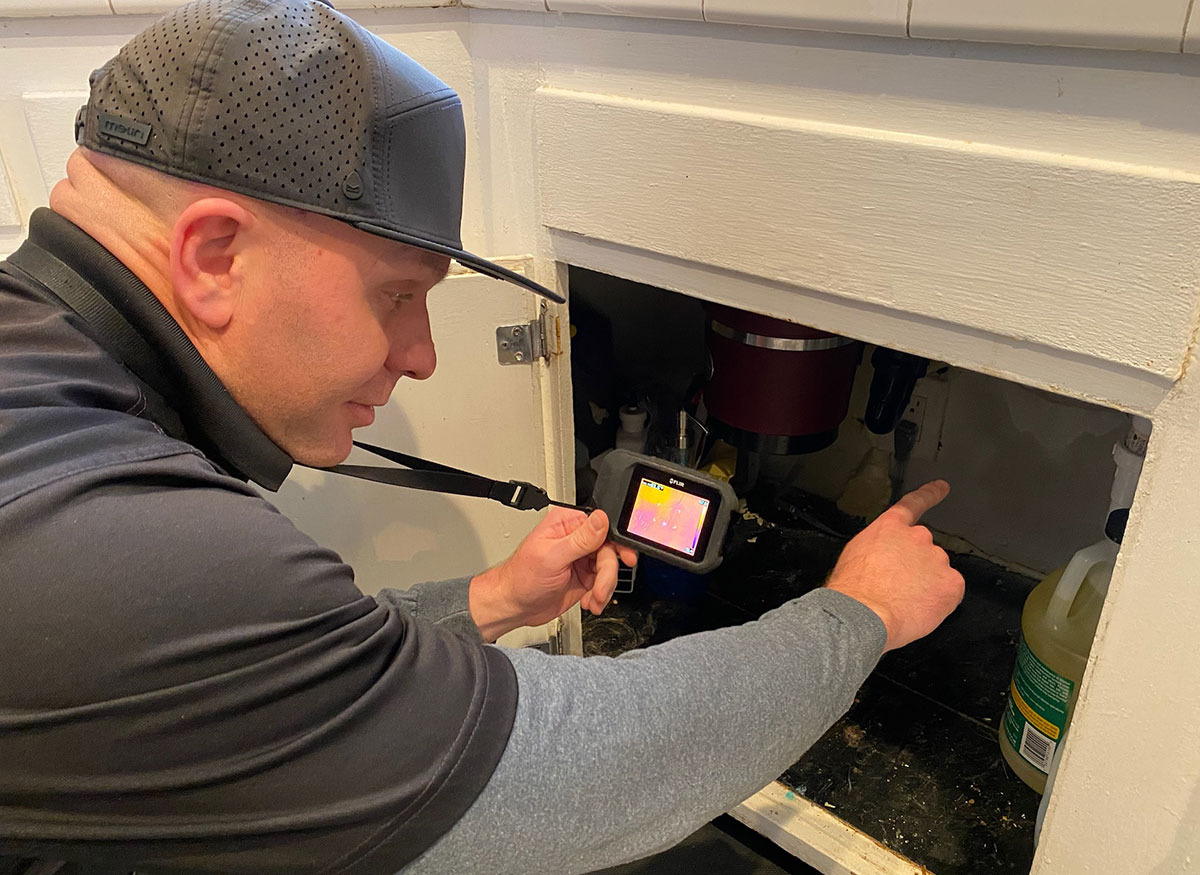Pool & Spa Inspections in Orange County, CA
Welcome to OC Home Inspect, your trusted partner for professional pool and spa inspections in Orange County, CA. As a dedicated home inspector with expertise in pool and spa systems, I, Brian Adams, understand the importance of ensuring the safety, functionality, and compliance of your aquatic features. With OC Home Inspect, you can have peace of mind knowing that your pool or spa is in top condition. Let’s explore the significance of pool and spa inspections and how we can assist you in maintaining a safe and enjoyable aquatic environment.
What is a Pool & Spa Inspection?
A pool and spa inspection is a comprehensive assessment of the pool, spa, and associated equipment to evaluate their condition, functionality, and compliance with industry standards and local regulations. It involves examining various components, such as the structure, equipment, plumbing, electrical systems, water quality, safety features, and overall operational efficiency. A pool and spa inspection provides valuable insights into any existing issues, potential concerns, and necessary maintenance or repairs.
Who Should Get Pool & Spa Inspections?
Pool and spa inspections are recommended for:
- Homeowners: If you own a property with a pool or spa, regular inspections ensure the safety, efficiency, and longevity of your investment.
- Buyers: If you are purchasing a property with a pool or spa, a thorough inspection helps identify any hidden problems and ensures you have a clear understanding of its condition.
- Commercial Property Owners: For businesses, hotels, or public facilities with swimming pools or spas, inspections are necessary to maintain compliance, ensure guest safety, and minimize liability risks.
Types of Pool & Spa Inspections
Residential Swimming Pools
Inspections of residential swimming pools focus on evaluating the overall condition, safety features, equipment, water quality, and compliance with local regulations.
Commercial/Public Swimming Pools
Commercial or public swimming pools require inspections to ensure compliance with specific regulations, including safety features, water quality, signage, and accessibility.
Inground Pools and Above-Ground Pools
Both inground and above-ground pools require inspections to assess structural integrity, equipment functionality, plumbing, electrical systems, and safety features.
Spas and Hot Tubs
Spas and hot tubs need inspections to evaluate their condition, functionality, equipment, water quality, safety features, and adherence to local regulations.
Water Features, Slides, and Other Amenities
In addition to the pool or spa itself, inspections may include assessing water features, slides, diving boards, lighting, fencing, and other amenities for safety and compliance.
Benefits of Regular Pool or Spa Inspections
Safety Concerns
Inspections help identify potential safety hazards, such as damaged equipment, electrical issues, faulty drainage, or inadequate barriers, ensuring a safe environment for users.
Understanding Proper Operation of Equipment & Water Chemistry
Inspections provide valuable insights into the proper operation and maintenance of pool and spa equipment, as well as guidance on maintaining appropriate water chemistry for optimal health and safety.
Identifying Potential Issues Before They Become Costly Repairs or Hazards
Early detection of issues through inspections allows for timely repairs, preventing minor problems from escalating into major repairs or safety hazards.
Ensuring Structural Integrity and Security Measures Are in Place
Inspections assess the structural integrity of the pool or spa, including the decking, coping, walls, and floor, while also evaluating the effectiveness of security measures such as fencing and latching systems.
Adhering to Local Regulations & Codes of Practice
Regular inspections help ensure compliance with local regulations, codes, and safety standards, avoiding potential penalties and legal issues.
What Is Included in a Pool & Spa Inspection?
A comprehensive pool and spa inspection may include:
- Visual Inspection: Examination of the pool or spa, including the structure, decking, equipment, plumbing, electrical systems, safety features, and overall condition.
- Water Quality Analysis: Testing the water chemistry to assess pH levels, sanitizer levels, total dissolved solids (TDS), and other parameters that impact water quality.
- Functional Testing: Operation and performance evaluation of equipment such as pumps, filters, heaters, valves, timers, and controls.
- Safety Assessment: Inspection of safety features like fencing, gates, latches, alarms, diving boards, slides, handrails, and signage.
- Compliance Check: Verification of compliance with local regulations, codes, and standards applicable to pool and spa installations.
Trust OC Home Inspect for your pool and spa inspection needs in Orange County, CA. With our expertise, attention to detail, and commitment to your safety and satisfaction, we ensure that your pool or spa remains a source of enjoyment for you and your family. Contact us today to schedule your pool and spa inspection and maintain a safe and well-functioning aquatic environment.


